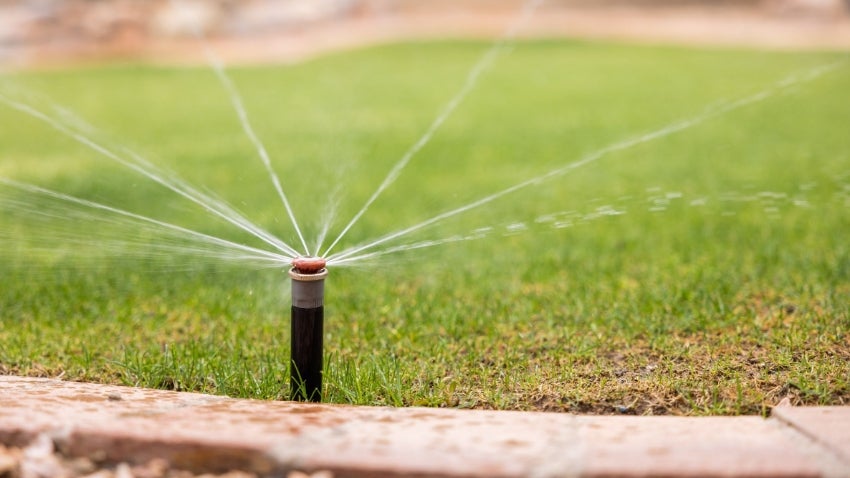
Introduction:
Maintaining a lush, green lawn requires more than just regular watering. To truly achieve a vibrant and healthy lawn, it’s essential to water efficiently. In this guide, we’ll explore practical tips for optimal lawn irrigation that not only nurtures your lawn but also conserves water.
Understanding Your Lawn’s Needs:
Before diving into irrigation techniques, it’s crucial to understand the specific needs of your lawn. Different grass types, soil compositions, and local climates influence how much water your lawn requires. Conduct research or consult with a local expert to determine the ideal watering schedule for your specific lawn.
Choosing the Right Watering Schedule:
Establishing a consistent watering schedule is key to lawn health. However, the frequency and duration of watering depend on factors like weather patterns and soil moisture. Adjust your watering schedule seasonally, and be mindful of rainfall to avoid overwatering. A well-timed watering plan promotes deep root growth and overall resilience.
Utilizing Smart Irrigation Systems:
Investing in smart irrigation systems can revolutionize how you water your lawn. These systems use sensors and weather data to optimize watering schedules, ensuring your lawn receives just the right amount of water. Consider installing a programmable sprinkler system or a smart irrigation controller to automate and streamline your lawn care routine.
Implementing Water-Saving Techniques:
Water conservation is a critical aspect of efficient lawn irrigation. Embrace water-saving techniques, such as using mulch to retain soil moisture, adjusting sprinkler heads to avoid water waste, and employing drip irrigation for targeted watering. These practices not only save water but also contribute to a more sustainable approach to lawn care.
Optimizing Watering Times:
The timing of your watering sessions significantly impacts water absorption and evaporation rates. Watering early in the morning or late in the evening minimizes water loss due to evaporation and allows the soil to absorb moisture more effectively. Avoid watering during the hottest part of the day to maximize the benefits of each session.
Regular Maintenance of Irrigation Equipment:
Efficient lawn watering also requires well-maintained equipment. Inspect and clean sprinkler heads regularly, fix any leaks promptly, and ensure that water is distributed evenly across your lawn. Regular maintenance not only improves efficiency but also extends the lifespan of your irrigation system.
Monitoring Soil Moisture Levels:
Understanding the moisture content of your soil is crucial for efficient watering. Invest in a soil moisture meter to gauge when your lawn needs watering. This tool eliminates guesswork, preventing both underwatering and overwatering. Consistently monitoring soil moisture levels ensures that your lawn receives the right amount of water at the right time.
Implementing Rainwater Harvesting:
Consider implementing rainwater harvesting as part of your efficient lawn care strategy. Collecting rainwater in barrels or tanks provides a natural and sustainable water source for your lawn. Utilize this harvested rainwater during dry periods, reducing your reliance on municipal water supplies and contributing to environmental conservation.
Educating Yourself on Local Water Regulations:
Different regions may have specific water regulations and guidelines. Stay informed about local water restrictions and follow them diligently. Adhering to these regulations not only avoids potential fines but also promotes responsible water usage, contributing to the greater good of your community.
Conclusion – Water Your Lawn Efficiently:
Efficient lawn irrigation is a balance between providing adequate water for your lawn’s health and conserving this precious resource. By understanding your lawn’s unique needs, embracing smart irrigation technology, and adopting water-saving practices, you can achieve a vibrant lawn while promoting environmental sustainability.
For more in-depth tips and information on responsible lawn care, visit Water Your Lawn Efficiently.










